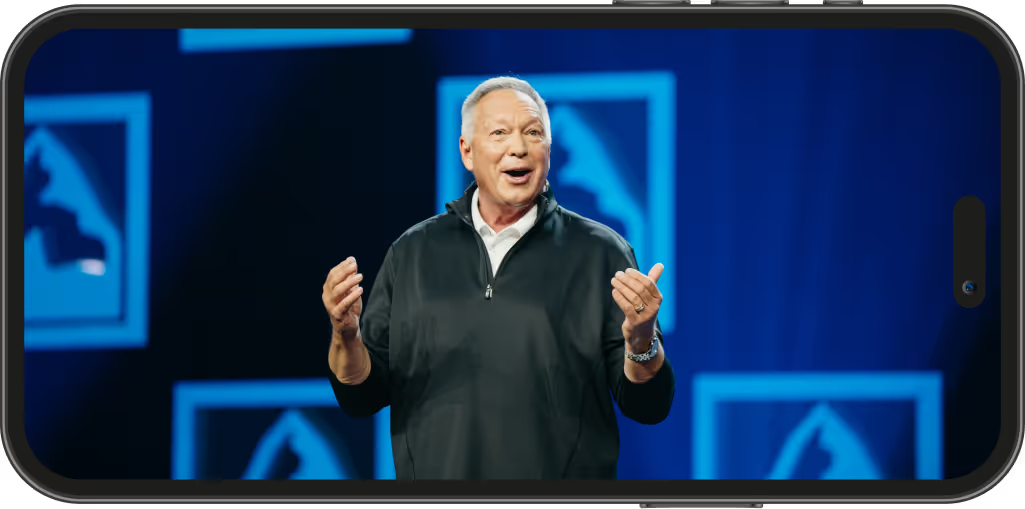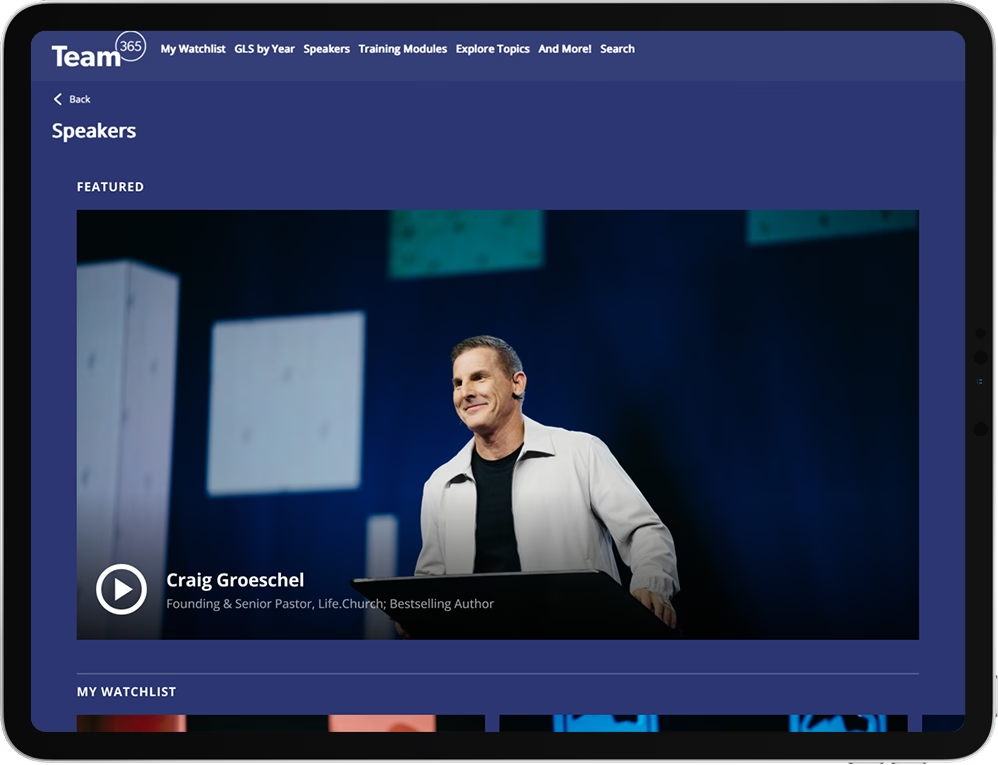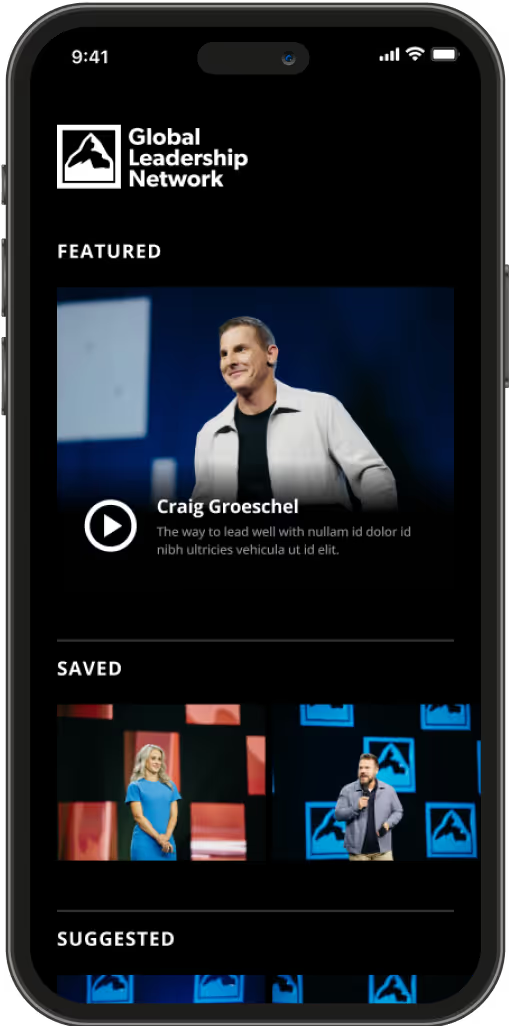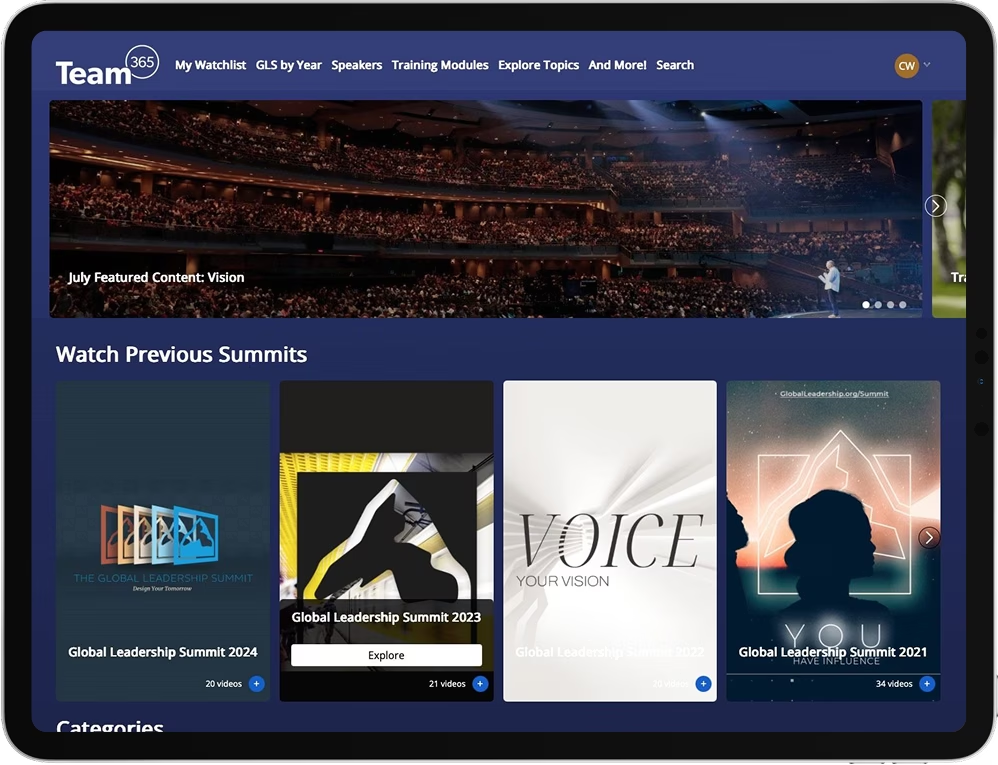In my two decades of management and leadership, I have probably hired dozens of people and participated in hundreds of interviews. Interviewing and hiring are necessary parts of leading any organization and two of the most important things we do in any given week.
I believe interviewing and hiring are much more like dating than I’d care to admit. And, if I’m being honest, I tend to “marry” interviewees far too quickly and for all the wrong reasons. I become infatuated by certain qualities and personality traits, whether they connect with the job I’m hiring for or not.
I’ve often bought into the lie that I’ll just know when I find the right person. Can you relate?
I look for the moment when I sit down to interview someone and the conversation flows, and we’re laughing and telling stories like two old friends from elementary school. Chances are, you’re going to hire someone you have that instant spark with.
Time after time, interview after interview, hire after hire, I find I’m guilty of unconscious bias in my hiring process. I hire the person I’ve fallen “in love” with rather than the person who is the best fit for the job. And far too often, the person I select is exactly like me. They look like me, talk like me, act like me and have a similar background to my own.
Because of my unconscious bias in hiring, not only do I begin building a team that looks and acts like me, I hire people who cannot take the organization any further than I can. And that leads to serious consequences like a stagnant organization, employee terminations that I don’t want to make and a negative impact on bottom-line measures.
In order to overcome these biases, we must take steps to ensure the process we’re working through is as objective as possible.
Use these four steps to establish a more objective hiring process:
- Be clear
Is there a job description in place? Is there a personality trait that would work best in this position? What are the specific skills, experiences, training and education required for this role?
- Be consistent
If there’s a phone screening, in-person interview, written test and personality assessment for one candidate, be sure to use it for all of your candidates. Write out specific questions to ask all of the candidates for the position. Using a rubric (scoring the interviewees in certain areas) for hiring is the best way to keep personal biases from clouding your judgment, and it helps you achieve consistency in your practices.
- Include others
Have trusted people handle an interview for you and give you their feedback. Call references from previous employers. At a minimum, share resumes and interview results with others, and dialogue with them to make sure you’re being as objective as you can be.
- Take time
Don’t rush the process. And even when you think you’ve found the right person, take a day to think about it, and make sure you’re still as confident about the hire the next day. Often biases creep in, and bad hiring decisions are made when we feel like we’re rushed to fill a role.
Hiring the right person is vital to your organization’s health and success. We all have biases. However, if we work to overcome them, we will find the people we hire will be better, make a greater impact and work for us longer.
Related

GLS22 Special Edition Notes—Unleashing Human Magic

GLS21 Notes: Rebel Talent

GLS21 Notes: Collaboration, Creativity & Conviction
.jpg)
Leading the Spark: 5 Books on the Intersection of Creativity and Leadership

“Thank You for Seeing Us as People”: Leadership and Hope Inside Graham Correctional Center

The Tech CEO who sold his home to live with the formerly homeless
Leadership That Lasts
Team365 isn’t just a platform. It’s a commitment to grow, lead and live with purpose — every single day. Whether you’re here for content, community or clarity, you’re in the right place. Your leadership matters. Let’s keep going.





